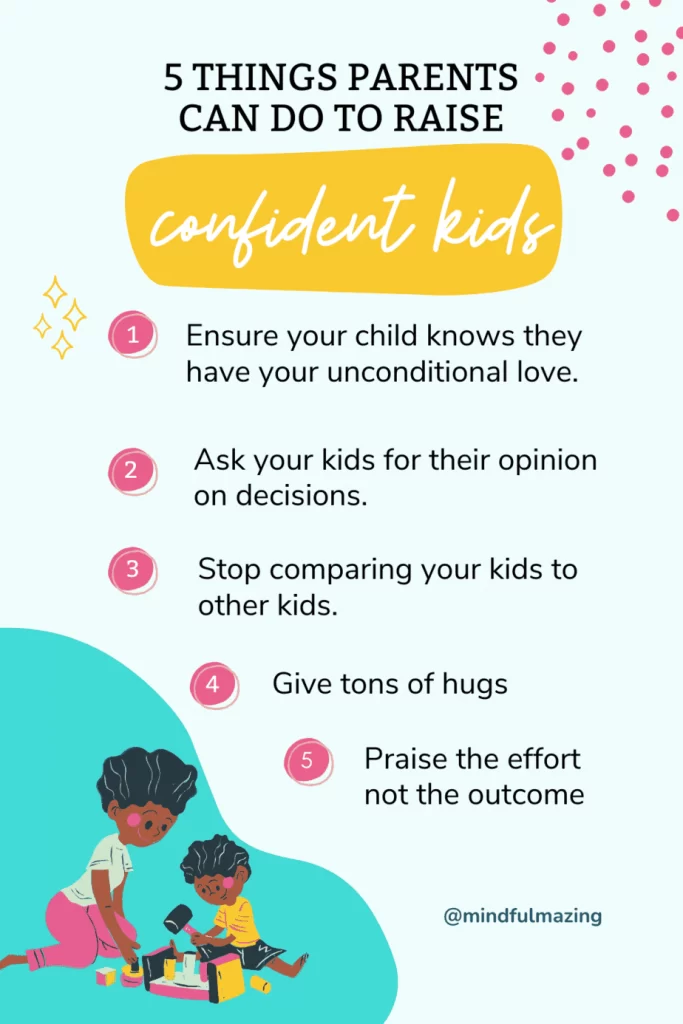
Why is self-confidence important?
Self-esteem, or the concept of self-image, influences how children approach tasks, relate to others, and engage. When children build a healthy self-image and realize what their strengths are and what they can do with them, their level of effort and enthusiasm is high, and performance is also positively influenced.
Much of a child's self-concept develops from an early age. Both parents and teachers can support children in the process of developing the academic skills necessary to reach their potential, but also in the process of shaping a healthy self-image. With the right mindset and attitude, mistakes can be seen as learning opportunities and be more self-confident.
We are surrounded by all kinds of challenges, and if we know each other, on the one hand, superpowers, but also the points where we can improve, we manage to find strategies that suit us.
Helping our children develop their self-esteem, we offer them:
- the confidence to face challenges.
- the confidence to ask for help if they need it.
- the confidence to understand that mistakes help you grow.
- the ability to take responsibility for their actions.
- the ability to form healthy relationships.
- the intelligence to have respect for themselves.
- the awareness that they have control over their lives.
Confidence and self-esteem are two complementary components that significantly influence children's development. When children feel safe in relation to others and comfortable in the environment in which they carry out their activities, they will have an overall sense of well-being. These things will be reflected in the children's confidence in their own strength and self-esteem, which will be positive.
 © https://www.mindfulmazing.com/20-self-esteem-activities-for-kids/
© https://www.mindfulmazing.com/20-self-esteem-activities-for-kids/
When they are confident, children recognize and know what their strengths are and are more willing to try new things. Positive self-esteem is an important part of self-confidence, and when self-esteem is positive, children accept themselves for who they are and want to improve the things that need improvement about them. Although these two components are essential for harmonious development, they are sometimes difficult to maintain, even for adults. We compare ourselves to those around us and are influenced by the emotions we go through, and this can alter the level of confidence we have in ourselves. It is important to emphasize to children that each person is unique in their own way, that different things define us, we belong to different cultures, we have different values and principles and we are good in different areas. It is natural to look at those around us, but it is much more important to focus our attention on achieving the best version of ourselves, without constantly relating to others.
Gaining self-confidence is a long process, here is some useful and relevant information on how we can help our little ones to have high self-esteem and more self-confidence.
*Article written by Veronica Dunga, KEN Academy trainer.
Tag:trust, own forces
